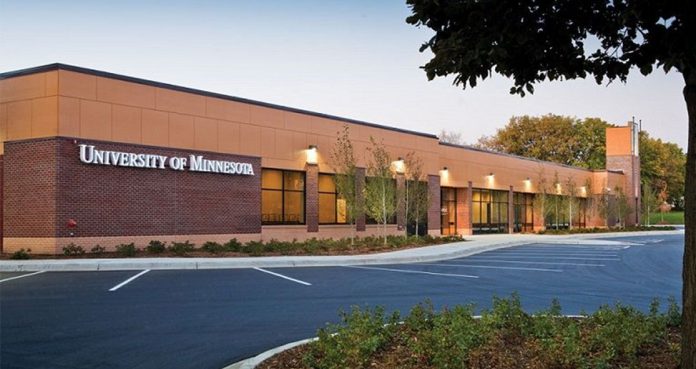After unearthing and unleashing a special type of healing cell called Natural Killer (NK) cell, researchers from the University of Minnesota have been able to produce a couple of experimental cancer therapies, which will be undergoing clinical trials for the first time in patients with cancer.
One clinical study includes a protein cluster that influences the body’s NK cells to combat leukemia, while the other is introducing mass-produced NK cells in order to target solid tumors.
The researchers said the experimental therapies could provide great results, as they can be “off the shelf” treatments for those who have life-threatening malignancies and cannot wait to undergo NK cell transplantation from donors.
Lead study author Dr. Manish Patel said, “The wait for donor NK cells is a major barrier. They don’t have time to wait to find the donor and collect the cells and then grow the cells in the lab.”
What exactly are NK cells?
Normally, NK cells are the first-strike weapons of your body’s immune system. They respond to external threats or infections while your body produces T-cells, which provide more targeted attacks.
According to NCBI, these cells are essential for the innate immune system. “They recognize “non-self” cells without the need for antibodies and major histocompatibility complex (MHC), executing a rapid immune reaction.” NK cells are ideal for cancer immunotherapy because of their ability to kill cancer cells rapidly.
While NK cell therapy is still experimental, other approaches, such as CAR-T therapies, have already been approved.
CAR-T therapy involves reaping T-cells from patients and then modifying them and returning them to patients. These modified cells are attached to the cancer cells and kill them.
Dr. Dan Kaufman, the director of the cell therapy program at the University of California San Diego, who was previously involved in NK cell research in Minnesota, said, “The longer the cells persist, the more effective they tend to be.” Dr. Jeffrey Miller, Deputy Director of Masonic Cancer Center, said, “Our team has been working on the structure for years, and we are excited to see it in clinical testing.”





















